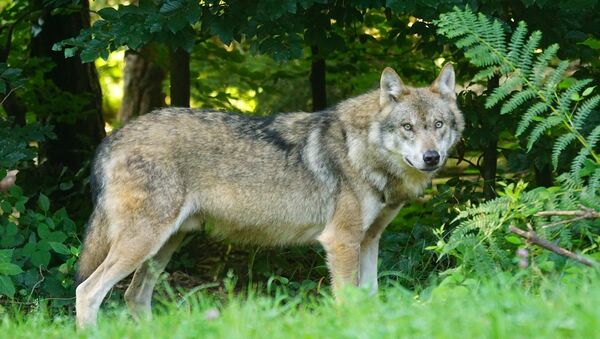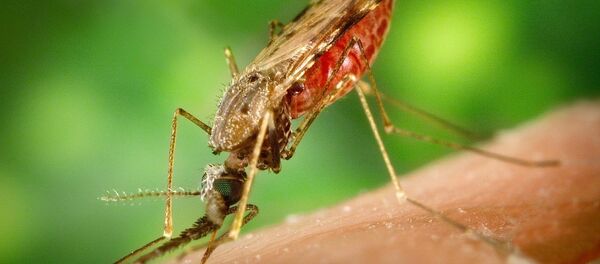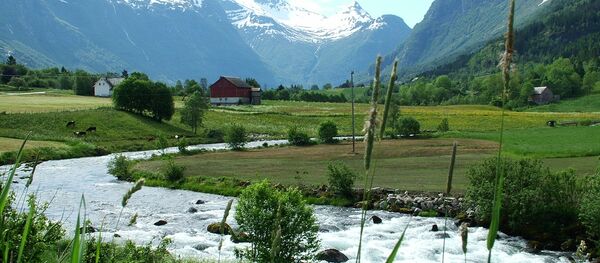While some of the species are in fact making a comeback after once being a part of the Danish nature (such as wolves, raccoon dogs and grey seals), others are invasive predators, such as the golden jackal, previously unbeknown to Denmark. This addition may both enrich Denmark's wildlife and lead to irreversible effects on its food chain.
"It is being discussed whether some of the new species may pose a threat to our native species, but in general, experience from other countries indicates that large predators tend to have neutral or directly positive effects on the biodiversity," Jens-Christian Svenning, professor at the Department of Bioscience at Aarhus University, told the Danish science portal Videnskab.
Wolves, once a fixture in European wildlife, have lately gained the most attention. When a dead wolf was found in Thy in December 2012, it was the first documented wolf in Denmark in 199 years. In late June 2017, wolves reportedly began breeding on Danish soil, whereupon the Danish parliament mulled lifting the ban on shooting wolves.
"We will never get completely natural systems in Denmark, as 80 percent of the country is cultivated and 65 percent is agriculture, but we are closer to a natural system with the wolf's return. A wolf population is exactly what we are lacking in the natural food chain," Thomas Secher Jensen said.
The golden jackal, which has been spotted several times and is known to have killed lambs on Danish farms, is native to Southern Europe and the Balkans.
"The golden jackal is part of the general expansion from Europe, and if there are more, it may reduce the fox population," Jens-Christian Svenning said.
recent golden jackal range expansions in Europe as far as Baltic https://t.co/CtKTpOe6pK https://t.co/bTFgpFfztp https://t.co/tpolzfmn9L pic.twitter.com/QJulS9R6xn
— Alexander M. Kim (@amwkim) May 5, 2017
Thomas Secher Jensen suggested that Denmark could see a rise in the jackal population, and that they may even be threatened by the wolves.
"As a zoologist, I find it really exciting. Before, the fox was considered Denmark's largest and most numerous carnivore. Now other species may take over, leading to a more complex carnivore-prey system," he said.




